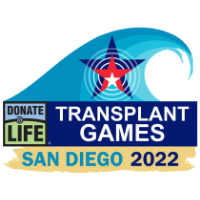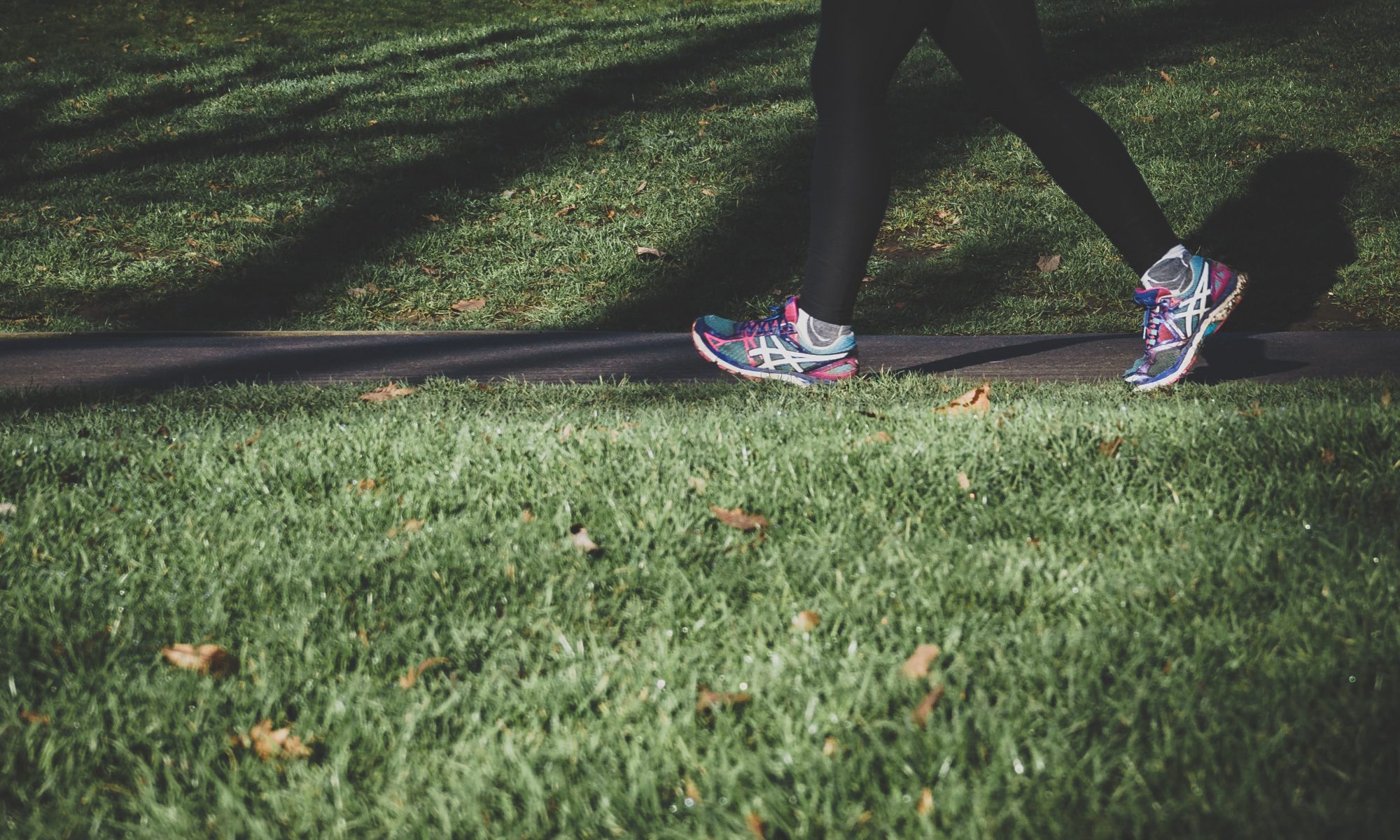I grew up with cystic fibrosis, so I am no stranger to hospital stays, downswings in my health, and everything that goes along with that. But facing transplants presented me with an entirely new set of challenges.
My background is fairly normal – I grew up in a large family in Brooklyn, NY, where my parents encouraged my siblings and me to get involved in sports. Little did they realize, that would help save my life. Living with cystic fibrosis meant that my lungs constantly built up with mucus and bacteria, but exercise helped my body become strong and to clear my lungs. Read the full story on UNOS.com.





